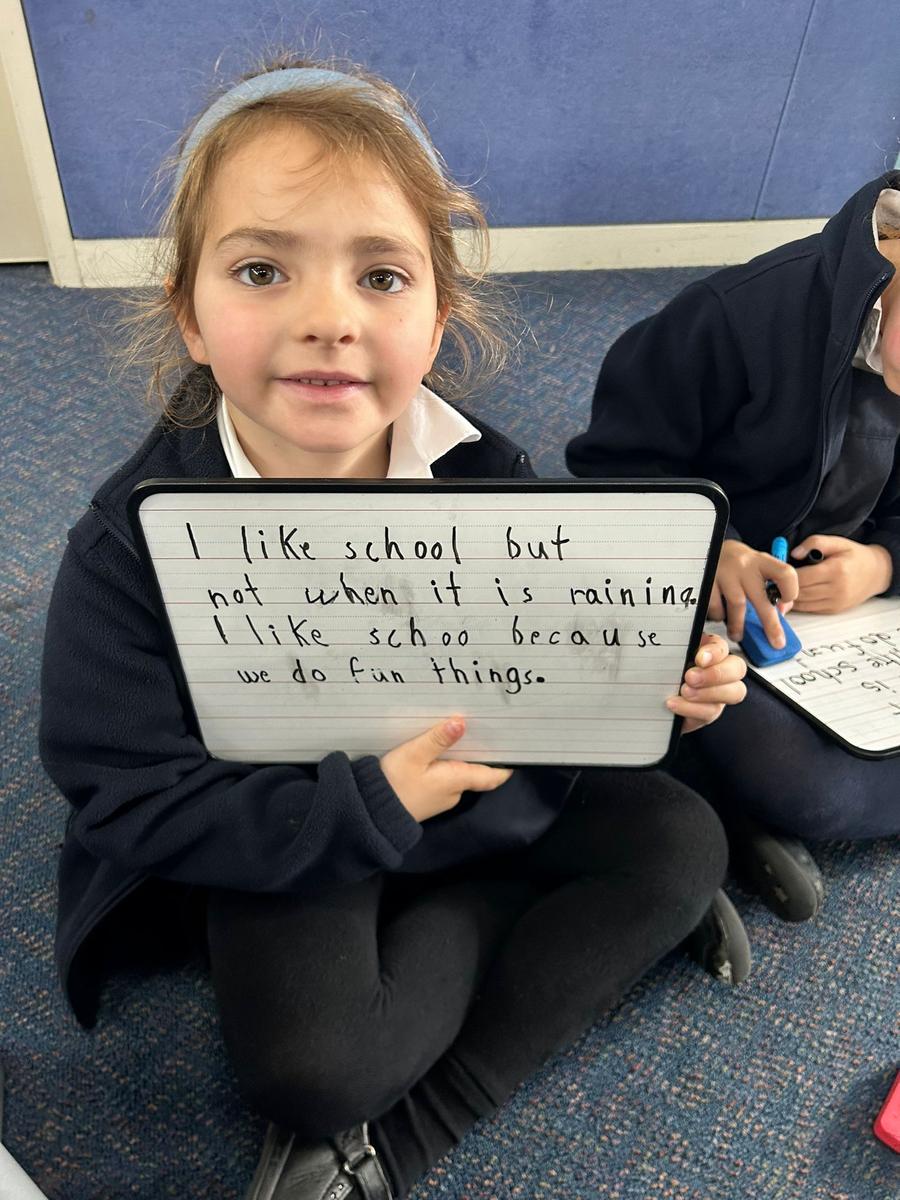Teaching & Learning

A recent article titled "Why Evidence is Important in Educational Practice and Policy" highlights the multidisciplinary nature of education and the importance of drawing on evidence from various fields that influence learning and teaching. While cognitive and psychological sciences provide valuable insights into how learning happens, they do not fully capture the complexities of educational and social systems. To develop effective evidence-based practices, it's crucial to integrate insights from multiple disciplines, creating a comprehensive and rigorous approach.
Evidence is crucial in shaping educational practices and policies. Research on child development, learning processes, education inequities, and specific teaching methods must be effectively shared with educators and leaders. Understanding the robustness, context, and validity of evidence is essential—what works universally may not apply in every situation.
Teachers and leaders must consider the local context when applying research findings, and recognise that evidence evolves over time. This approach ensures that evidence informs but does not dictate educational decisions, supporting the best outcomes for all learners.
At Sacred Heart, we use an evidence-based approach called The Writing Revolution to explicity teach our students the key components of writing. This method teaches students to construct clear and logical sentences and incorporates writing instruction into all subjects. By focusing on explicit, step-by-step teaching of writing techniques, it helps students deepen their understanding of content and improve their communication abilities.
We begin building these foundations with our Prep students, focusing on sentence-level work using conjunctions, "because," "but," and "so." We are incredibly proud of our rockstars and their dedicated teachers.
Kate Stroud
Literacy/Learning & Teaching Leader







